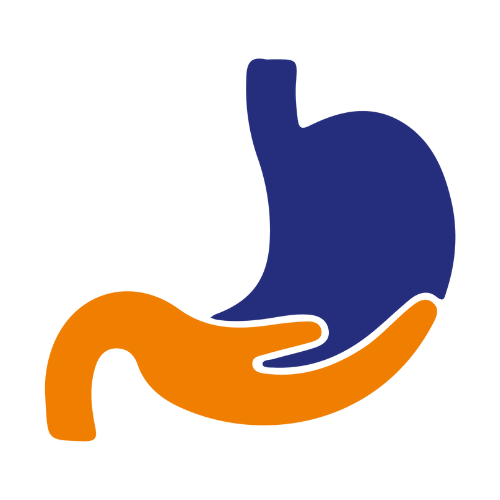
COLONOSCOPY
What is an Colonoscopy?
Colonoscopy or coloscopy is the endoscopic examination of the large bowel and the distal part of the small bowel with a CCD camera or a fiber optic camera on a flexible tube passed through the anus. It can help find the cause of problems in a part of the intestine called the colon.

Why is a Colonoscopy performed?
Colonoscopy is generally performed as part of screening to diagnose colon cancer. It may, however, be required to investigate the cause of
- Blood in stools
- Pain in abdomen
- Frequent Diarrhoea
- Unintended weight loss
- Chronic Constipation
- Changes in bowel movements
- Abnormalities found in CT Scan or X rays
All individuals over 50 years are recommended to get colonoscopy done once every 10 years. If you have a family history or have other risk factors, more frequent colonoscopies may be advised.
You will probably have your colonoscopy at a doctor’s office or hospital. Getting ready is important, because your colon needs to be as clean as possible. This will allow the doctor to see the colon well. To completely clear out the colon, your gastroenterologist may recommend the following:
- Dietary Changes: The patient may be asked to keep away from solid foods a day before the procedure. Beverages are limited to clear liquids such as plain water, tea & coffee without milk. The patient is asked to not consume anything after midnight the night prior to the colonoscopy
- Laxative: The patient would be given a laxative in liquid or tablet form the night before the procedure
- Enema – The patient would be asked to use an enema either the night before or a few hours prior to the procedure to clear out the colon completely.
- Adjusting medications: Dosages of medications for diabetes, blood pressure or heart problems may be temporarily adjusted by the doctor
How one should prepare?
What to Expect During & After the Procedure
What Happens After Procedure?
Patients may take upto an hour to recover from the sedative. If the colonoscopy was performed to remove a polyp , a special diet may be recommended for a week. The patient may feel bloated or have gas for a few hours post procedure. In some cases, there may be some blood in your first stool after the procedure. This is normal and is not a cause for alarm. You can expect to go back to normal activities the next day.
Contact your doctor immediately if you have:
- Severe abdominal (belly) pain
- A fever
- Bloody bowel movements
- Dizziness
- Weakness
What to Expect During the Procedure?
The patient is usually given a mild sedative in the form of a pill or intravenously to reduce the discomfort. He or she is them made to lie on the table with knees drawn towards his or her chest. Then the colonoscope is inserted into the patient’s rectum.
The doctor pumps air into the colon to inflate it & have a better view of the lining of the colon. When the colonoscope is moved, patients generally can feel cramping in the abdomen or an urge to have a bowel movement. The camera at the tip of the colposcope helps the doctor view the images on an external monitor. The procedure can last from 30 to 60 minutes.
What are the risks of a Colonoscopy?
In most cases, the advantages of diagnosing various GI diseases far outweigh the complications or risks associated with a Colonoscopy. However, rarely there are certain complications that may arise:
- Bleeding from the region where tissue sample was collected or a polyp was removed.
- Adverse reaction to the sedative.
- Perforation in the colon or wall of the rectum.
Contact us
Call Us
Our Location
A-Ground Floor, Lancelot Apartment, Opposite Kalyan Jewellers S.V. Road, Borivali West, Mumbai, Maharashtra 400092.
